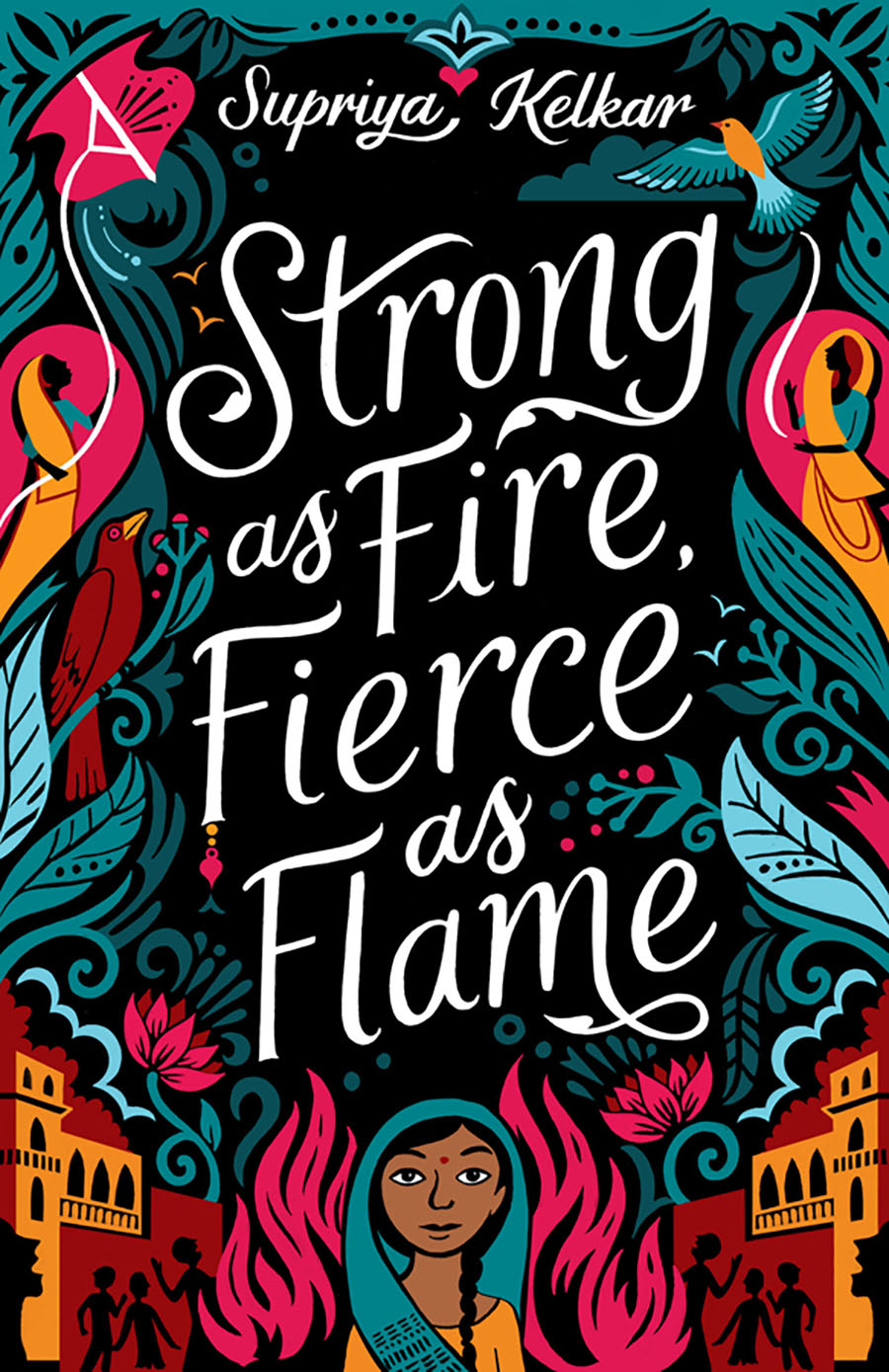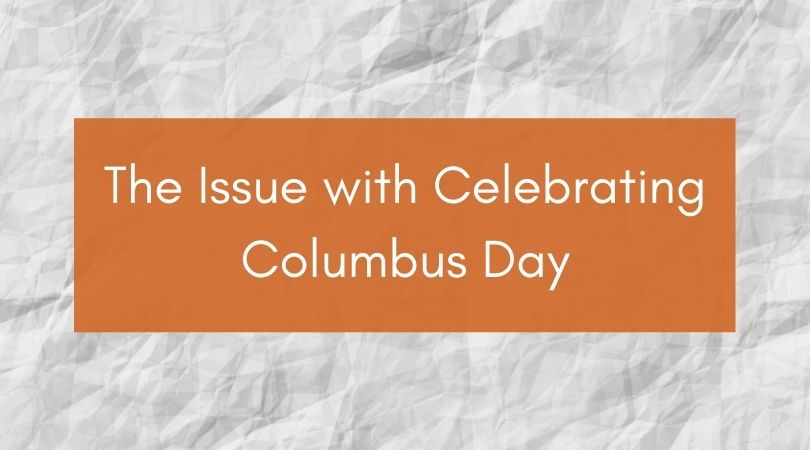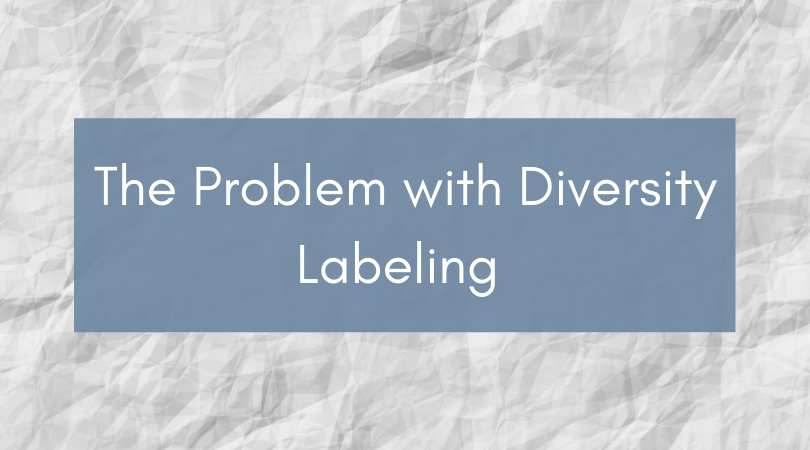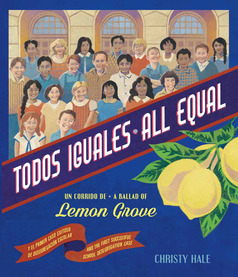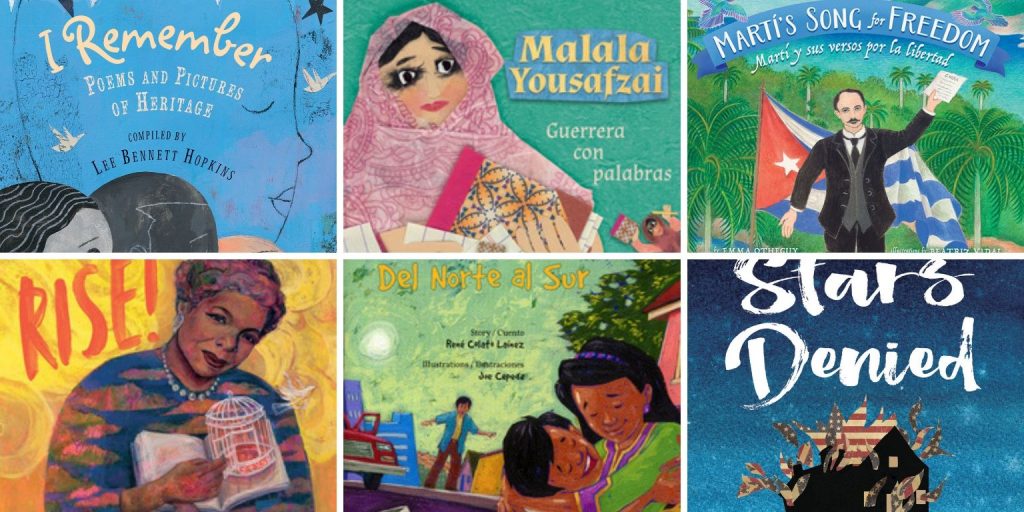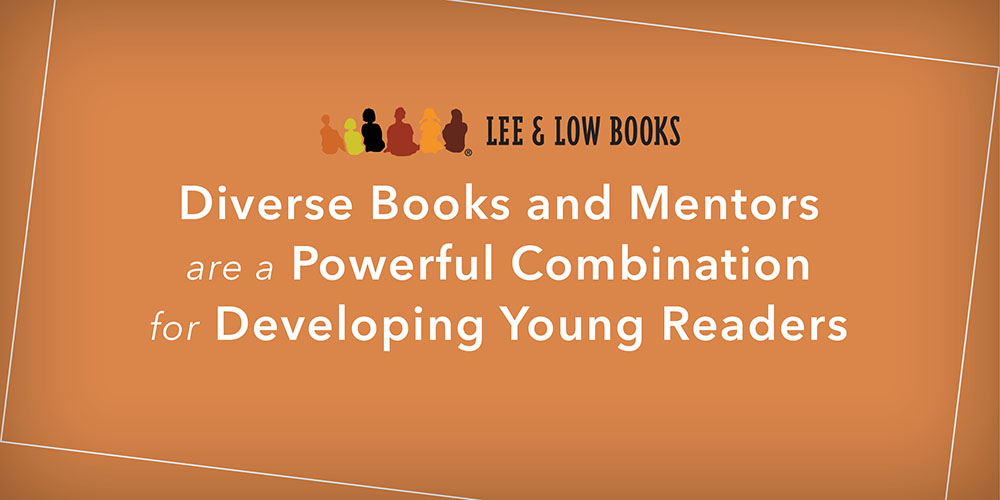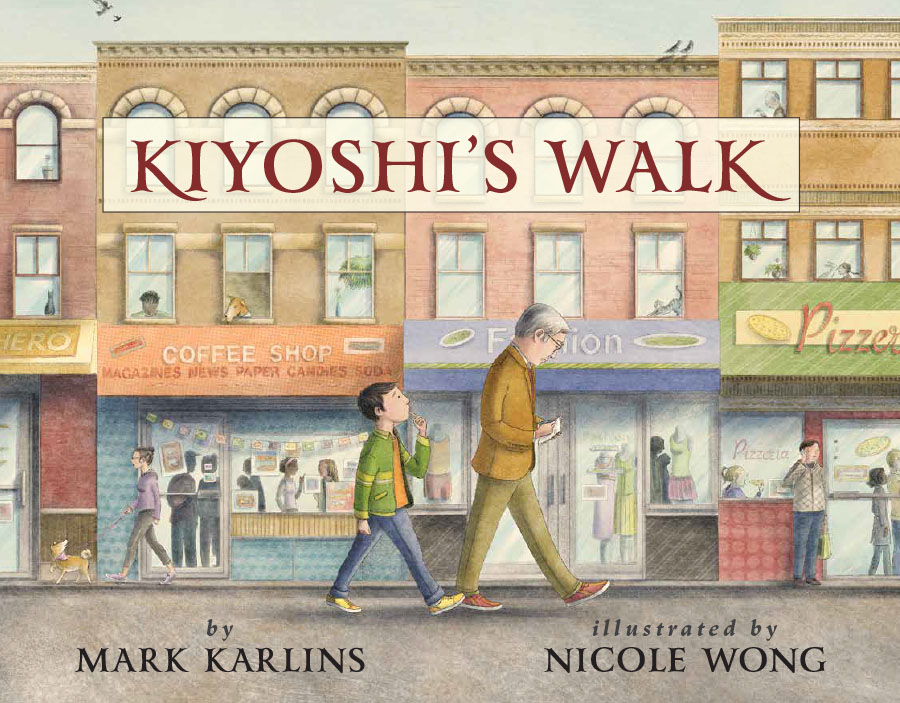 In this guest post, author and poet Mark Karlins shares how his latest title, Kiyoshi’s Walk, can be used to engage students (and anyone!) to write poetry in the classroom and at home. Mark Karlins also shares how the traditional Japanese poetry form, renga, can help create community in a classroom especially in time for National Poetry Month!
In this guest post, author and poet Mark Karlins shares how his latest title, Kiyoshi’s Walk, can be used to engage students (and anyone!) to write poetry in the classroom and at home. Mark Karlins also shares how the traditional Japanese poetry form, renga, can help create community in a classroom especially in time for National Poetry Month!
As I was writing Kiyoshi’s Walk, all I was thinking about was writing an engaging story about a child who wanted to learn to write poetry, a story which has a strong grandfather-grandchild relationship and a progressive structure that keeps people reading and listening. Now that Kiyoshi’s Walk has been published, I’ve begun to think about how the story can expand and become a base for teaching writing both at home and in the classroom. A walk outdoors with a parent and child, a stroll through the playground of a school, even an indoors excursion from one window to the next, can provide experiences for the writing of haiku. Grandfather Eto and Kiyoshi demonstrate a way this can happen.


